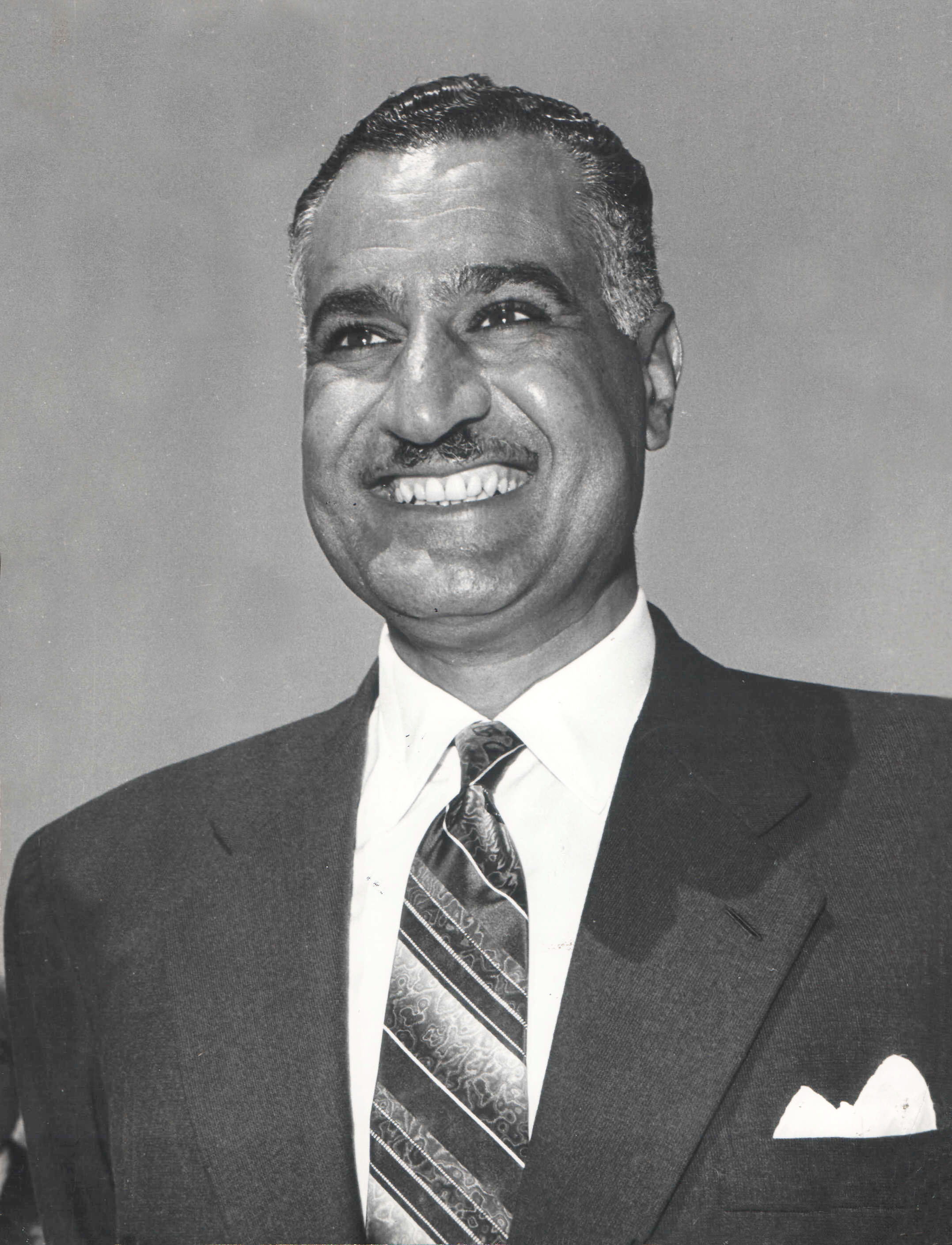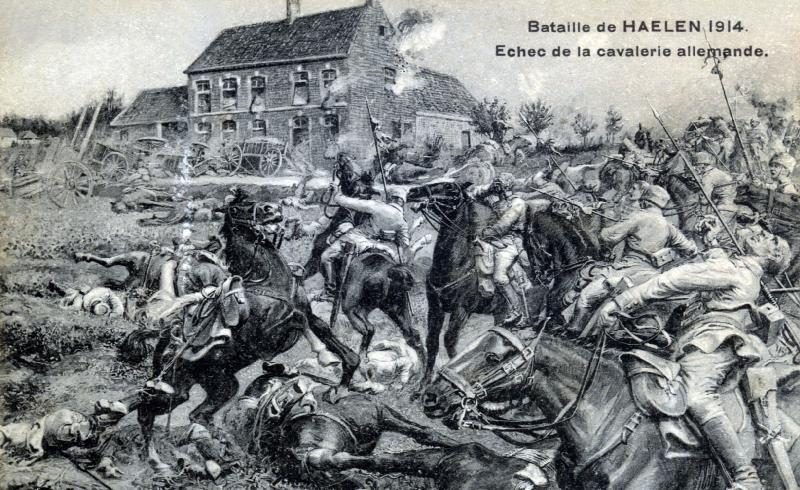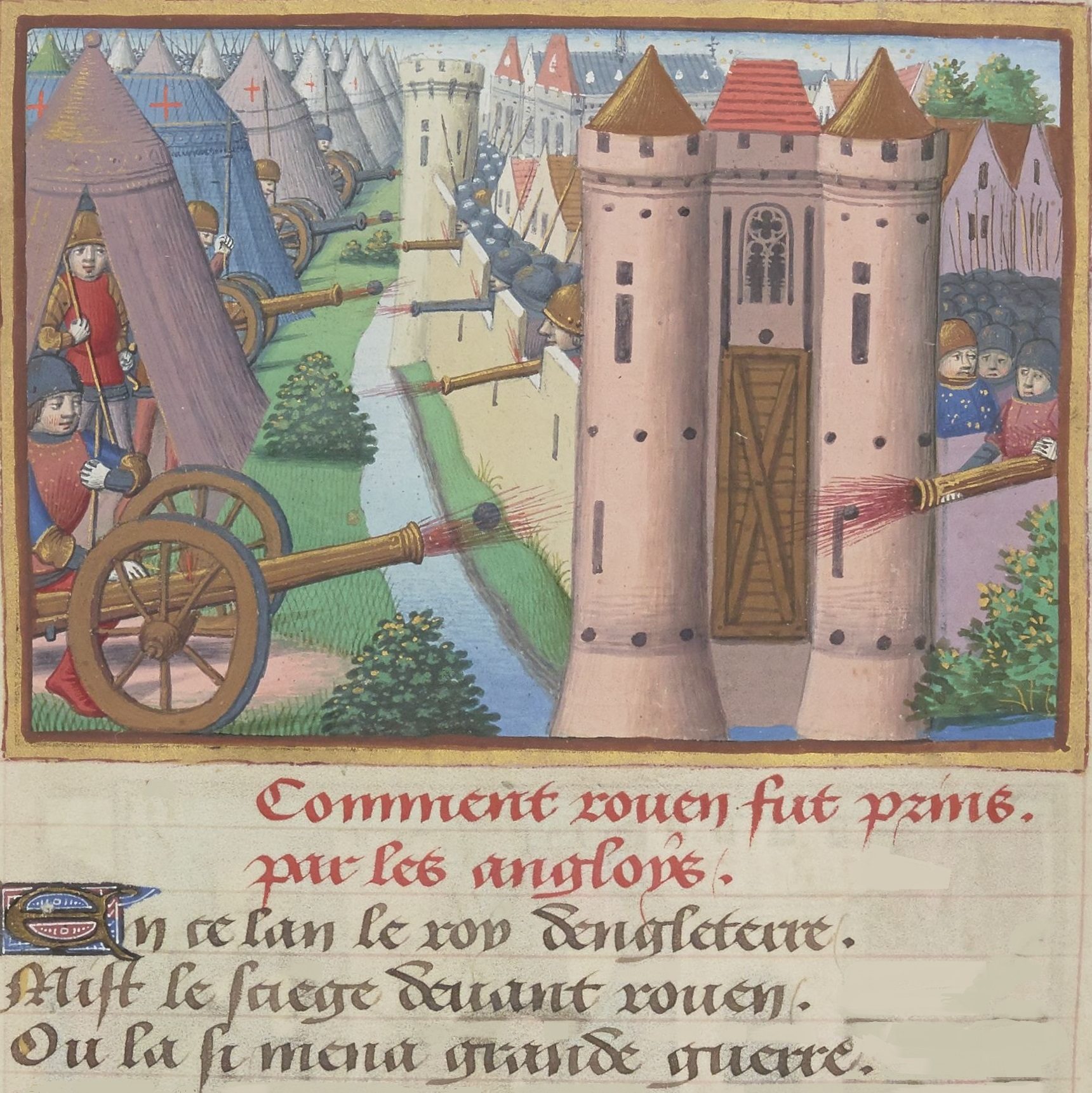Description
From 1708 to 1926, members of parliament (MPs) of the House of Commons of Great Britain automatically vacated their seats when made ministers in government and had to successfully contest a by-election in order to rejoin the House; such ministerial by-elections were imported into the constitutions of several colonies of the British Empire, where they were likewise all abolished by the mid-20th century. The requirement of MPs to rejoin the House upon ministerial appointment arose from 17th-century ideas of the independence of the House from the influence of the Crown, which appoints the ministers. Unlike in the United States, whose constitution took such ideas to the extreme by fully separating the executive and legislative branches, support for some royal patronage meant that whilst MPs were barred from keeping their seats when made ministers, ministers holding an existing portfolio were not required to surrender their office when elected as an MP. This resulted in a compromise where newly-appointed ministers had to resign from the House, but could keep their office if they won a by-election back into it.







